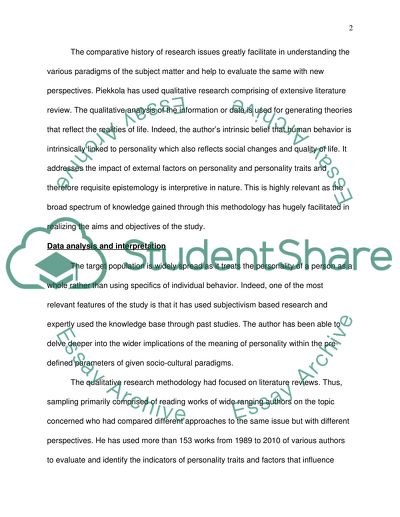Cite this document
(“Research Article Review of Traits Across Cultures: A Neo-Allportian”, n.d.)
Retrieved from https://studentshare.org/gender-sexual-studies/1422239-research-article-review-of-traits-across-cultures
Retrieved from https://studentshare.org/gender-sexual-studies/1422239-research-article-review-of-traits-across-cultures
(Research Article Review of Traits Across Cultures: A Neo-Allportian)
https://studentshare.org/gender-sexual-studies/1422239-research-article-review-of-traits-across-cultures.
https://studentshare.org/gender-sexual-studies/1422239-research-article-review-of-traits-across-cultures.
“Research Article Review of Traits Across Cultures: A Neo-Allportian”, n.d. https://studentshare.org/gender-sexual-studies/1422239-research-article-review-of-traits-across-cultures.


